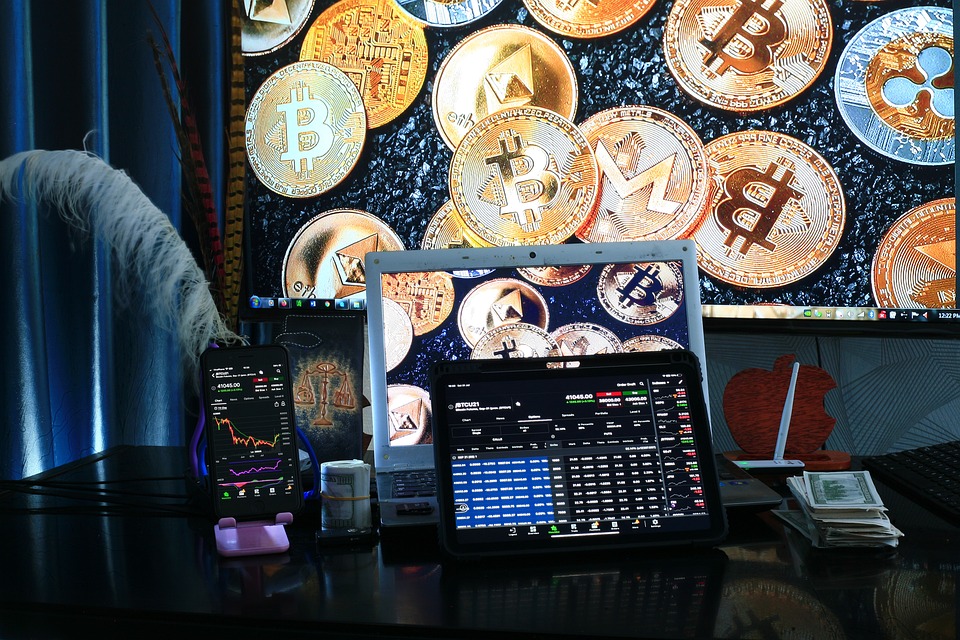When it comes to storing Tether (USDT), selecting the right wallet is vital for both security and usability. As a popular stablecoin pegged to the US dollar, USDT is widely used across various platforms for trading, remittances, and payments. Investors and traders must consider different wallet options based on factors like security features, ease of access, and transaction fees. If you’re looking for a secure way to store your USDT, you can find detailed information about a suitable wallet here.
Types of Wallets for USDT
There are primarily three types of wallets available for storing USDT: hardware wallets, software wallets, and paper wallets. Each serves a specific purpose and comes with its pros and cons. Hardware wallets offer enhanced security due to their offline nature, making them ideal for long-term storage. On the other hand, software wallets, which can be web or mobile-based, provide ease of access for daily transactions. Paper wallets, while less common, offer an ultra-secure way of keeping your cryptocurrency offline, although they can be cumbersome to use compared to their digital counterparts.
Security Features
Security is a paramount consideration when selecting a wallet, especially for digital currencies. Top wallets for USDT typically offer multi-signature capabilities, two-factor authentication, and advanced encryption standards. Hardware wallets like Ledger and Trezor are often recommended for their robust security features. On the other hand, reputable software wallets such as Trust Wallet or Exodus offer user-friendly interfaces while maintaining essential security measures. Always make sure to do your due diligence and select wallets that have a strong track record in the crypto community.
User Experience and Fees
The user experience can significantly influence your decision on which wallet to use. A well-designed interface allows you to manage your transactions more effectively. Software wallets often provide intuitive dashboards, making it easy to send, receive, or convert USDT. Additionally, you should consider transaction fees, which can vary depending on the platform. Wallets integrated within exchanges typically have lower fees but may come with restrictions, while dedicated wallets may charge higher fees for added security.
Integration with Other Services
When selecting a wallet for USDT, consider its compatibility with exchanges, trading platforms, and decentralized finance (DeFi) services. Integration with various services allows for seamless transactions and makes it simpler to manage your crypto portfolio. Look for wallets that support multiple cryptocurrencies and allow easy swapping between different coins. This feature becomes especially useful for traders looking to capitalize on market fluctuations quickly.
In conclusion, choosing the best wallet for USDT depends on your individual needs, lifestyle, and long-term goals. Whether you prioritize security, user experience, or integration with other services, a range of options is available to suit your preferences. For more information and resources on effectively using USDT, make sure to visit UTOWN. Take charge of your cryptocurrency journey and discover how USDT can enhance your financial ventures!





